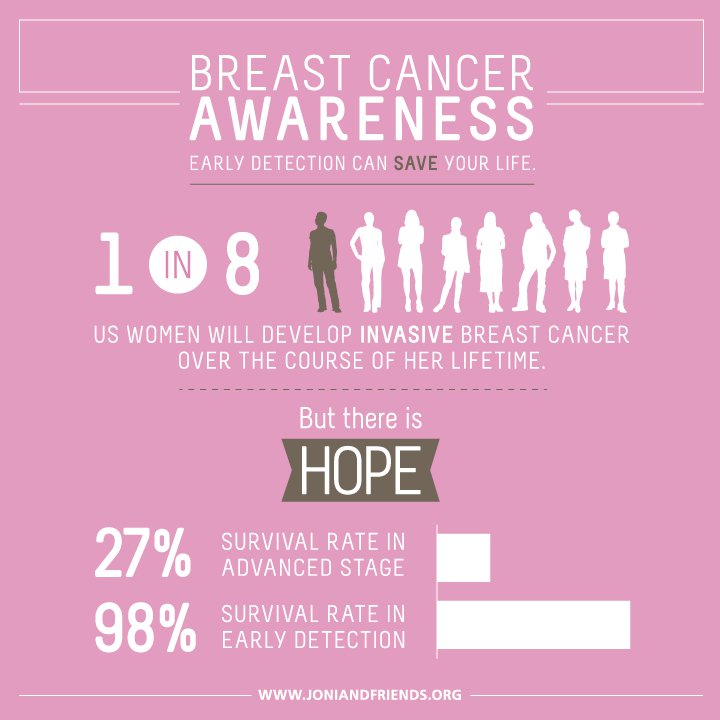
Diagnosed with Cancer? Your two greatest challenges are understanding cancer and understanding possible side effects from chemo and radiation. Knowledge is Power!
Learn about conventional, complementary, and integrative therapies.
Dealing with treatment side effects? Learn about evidence-based therapies to alleviate your symptoms.
Click the orange button to the right to learn more.
- You are here:
- Home »
- Blog »
- non-conventional therapies »
- Bisphosphonates Reduce the Risk of Postmenopausal Breast Cancer
Bisphosphonates Reduce the Risk of Postmenopausal Breast Cancer

The use of bisphosphonates for longer than 1 year was associated with a 28% relative reduction in the risk of postmenopausal breast cancer (BC).
A 28% reduction in BC risk is remarkable. The kicker is that there are dozens of other evidence-based non-toxic therapies that also reduce the risk of BC.
I have been living with and studying different cancers since the founding of PeopleBeatingCancer in 2004. I rarely write about the prevention of cancer. My feeling has always been that people rarely take the steps necessary to reduce their risk of cancer. People only make lifestyle changes if they are diagnosed with cancer. At least that’s what happened to me when I was diagnosed with an incurable blood cancer in 1994.
I am both a cancer survivor and cancer coach. For more information about non-toxic, evidence-based therapies to reduce the risk of breast cancer or the risk of breast cancer relapse, scroll down the page, post a question or comment and I will reply ASAP.
Thank you,
David Emerson
- Cancer Survivor
- Cancer Coach
- Director PeopleBeatingCancer
Recommended Reading:
- Why a Cancer Coach?
- Chemo Brain Therapies in Breast Cancer
- Health Report: Breast Cancer and Chemicals
Oral Bisphosphonate Use May Reduce Breast Cancer Risk
PURPOSE Bisphosphonates are commonly used for the treatment of osteoporosis and for prevention and treatment of skeletal lesions due to malignancy. However, the association between the use of bisphosphonates and the risk of developing breast cancer has not been reported.
PATIENTS AND METHODS The BC in Northern Israel Study is a population-based case-control study in northern Israel of patients with breast cancer and age-, clinic-, and ethnic-group matched controls. Use of bisphosphonates was assessed in 4,039 postmenopausal patients and controls, members of Clalit Health Services, using pharmacy records.
The use of bisphosphonates for longer than 1 year before diagnosis, but not for shorter than 1 year, was associated with a significantly reduced relative risk of BC (odds ratio [OR], 0.61; 95% CI, 0.50 to 0.76). This association remained significant after adjustment for age, fruit, and vegetable consumption, sports activity, family history of breast cancer, ethnic group, body mass index, use of calcium supplements, hormone replacement therapy use, number of pregnancies, months of breastfeeding, and age at first pregnancy (OR, 0.72; 95% CI, 0.57 to 0.90). Breast cancer risk did not change further if bisphosphonates were used for more years. Breast tumors identified in bisphosphonates users were more often estrogen receptor positive and less often poorly differentiated.
CONCLUSION The use of bisphosphonates for longer than 1 year was associated with a 28% relative reduction in the risk of postmenopausal BC. Tumors developing under bisphosphonates treatment tended to have a favorable prognostic factors profile.
PMID: 20567021 [PubMed – as supplied by publisher]


